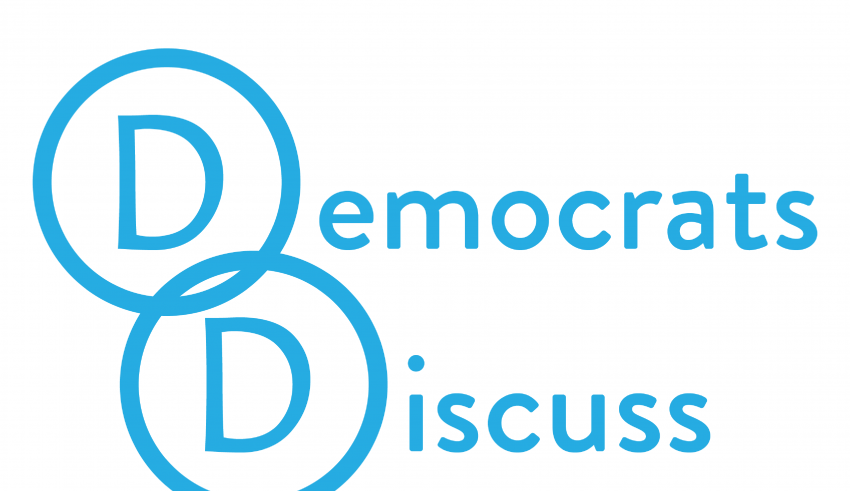OPINION: Democrats Discuss — Powerlessness and the polls: personal action amid a pandemic
Haley Janoski is a sophomore studying communication studies and Spanish. She is the Ohio University College Democrats membership director. The following article reflects the opinions and views of the author and does not represent the thoughts of the Ohio University College Democrats.
This is a submitted column. Please note that these views and opinions do not reflect those of The New Political.
One sentiment many of us may hold right now is that whether it be school, our job or a combination of both, what we are presently doing feels insignificant compared to what is taking place in our country.
How can the roles and tasks that were such central parts of our lives be eclipsed by national events in only a matter of months? My school assignments surely feel infinitesimal in comparison to a pandemic, the largest civil rights movement in our nation’s history, extreme wildfires, the death of a monumental Supreme Court justice and a presidential election.
Accompanied by these events comes a feeling of powerlessness. How can I make a difference, when the solutions to these tremendous issues are systemic? How can I ensure our country gets on a better track when it is heading for peril?
For many of us, voting in this election feels like the most tangible thing we can do — our ballot is the emergency break in this locomotive barreling toward authoritarianism.
The Nov. 3 election is the only way we can feel that our voice is truly heard, as it is the duty of our government to heed it. My confidence in the Trump administration’s willingness to uphold the sanctity of the electoral process, however, diminishes daily.
Regardless of what happens with our vote on the governmental level, we are facing an issue that could negate our ability to safely cast our vote from the outset: a national shortage of poll workers.
Poll workers are the backbone of in-person voting on election day. They check you in, help you navigate the ballot and ensure our votes are being tallied accurately. Historically, 56% of those who serve as poll workers are 61 years old or older. As an at-risk population to COVID-19, many of them are staying home for their health and safety.
Without enough poll workers, voting locations will be understaffed and consolidated, causing voters to travel further distances and wait in line for several hours to vote. These are scenes we’ve already witnessed in the Georgia and Kentucky primaries this summer.
The effects of this shortage have already been disastrous and will continue to be, on a much greater scale, come Nov. 3. Fewer poll workers mean fewer polling stations, which will consequently disenfranchise voters.
Here is where you can make a difference.
By signing up to be a poll worker, you can help ensure that your community can participate in a safe, secure and fair election. Ohio poll workers will be paid, trained and provided personal protective equipment (PPE) including masks, face shields, wipes and hand sanitizer. To sign up, you can visit the Ohio Secretary of State website or www.PowerThePolls.org.
As U.S. Rep. Alexandria Ocasio-Cortez said in her livestream on Instagram after the death of Supreme Court Justice Ruth Bader Ginsburg, “No one politician is the answer. No one president is the answer. You are the answer. Mass movements are the answer. Millions of people are the answer.”
Together, let’s pledge our service on Nov. 3 to ensure that all have the ability to vote.

